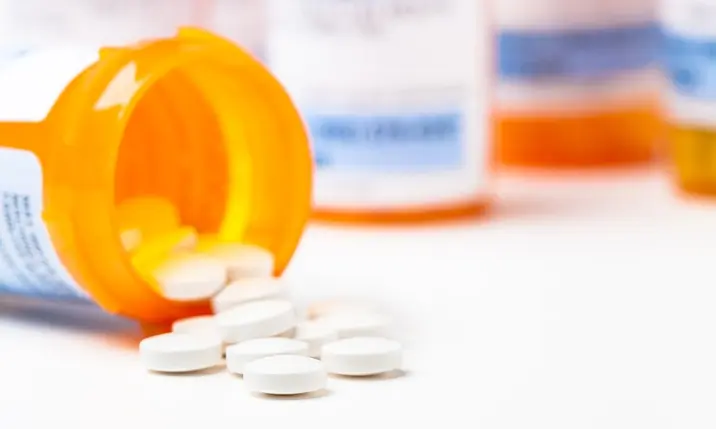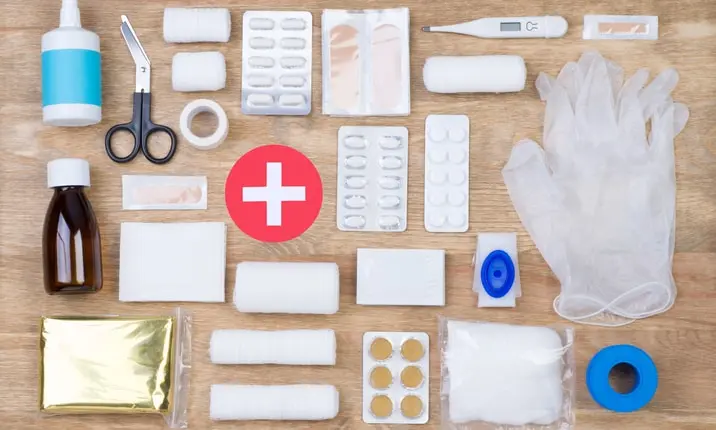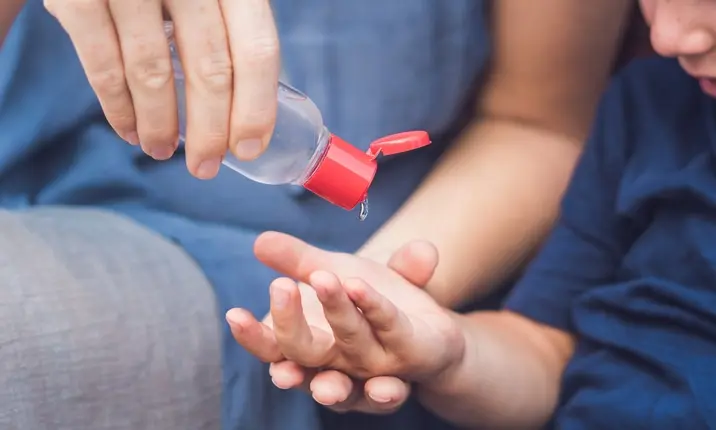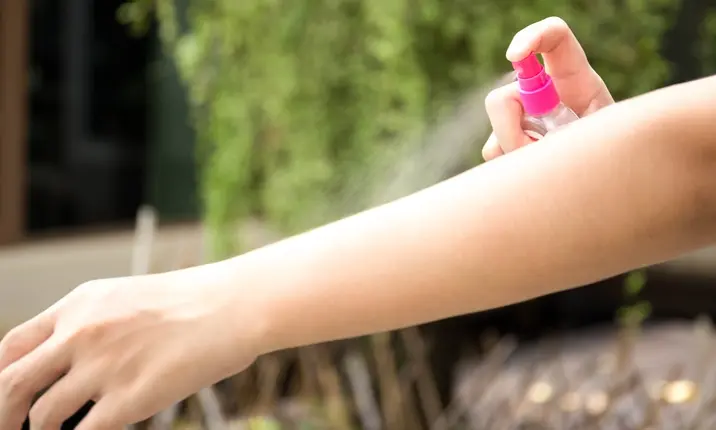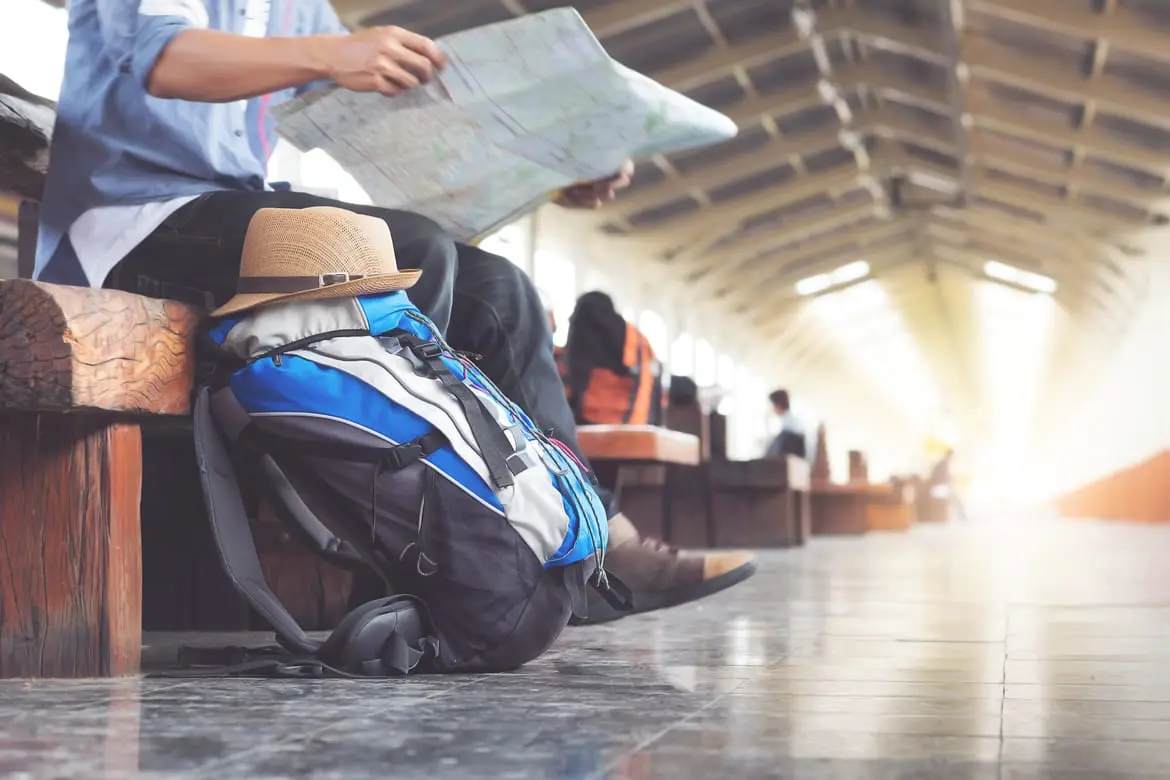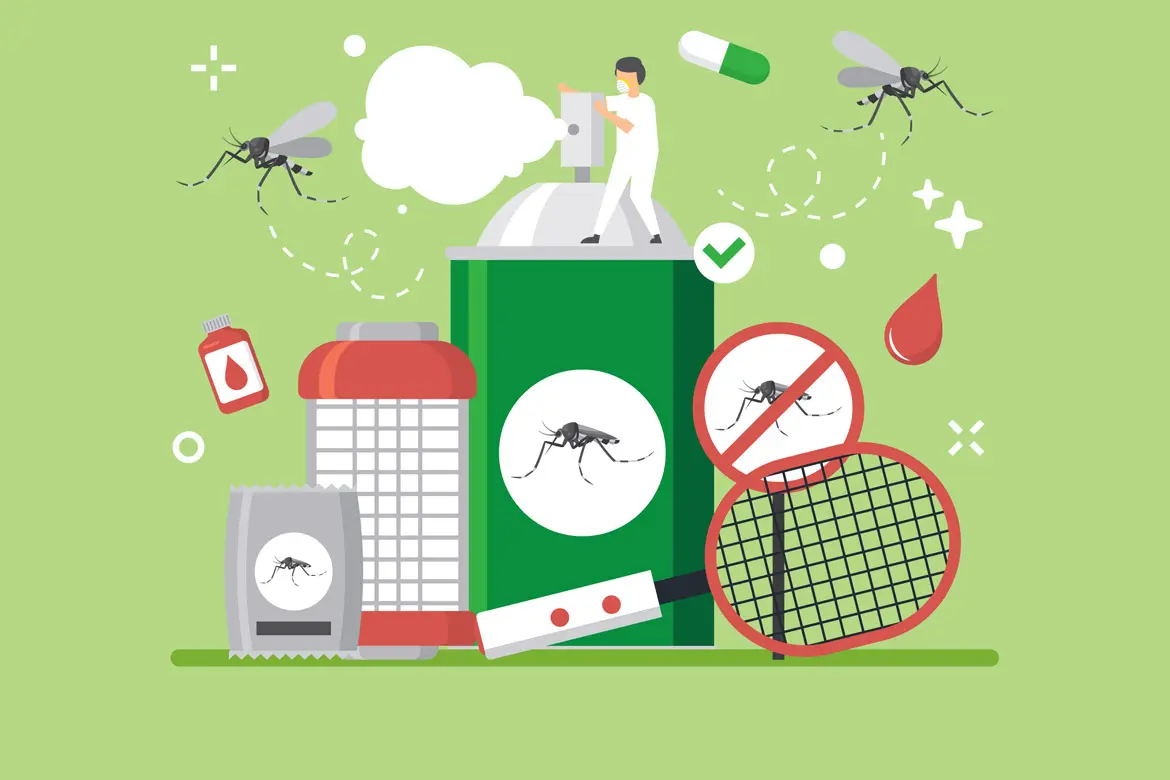-
-
Featured Care Areas


Source: Shutterstock
What to Pack: Top 5 Essentials for a Healthy Holiday
Last updated: Wednesday, November 8, 2017 | 3 min reading time
Heading off on holiday? Whether you plan to lie on the beach or explore a new city, prepare for any eventuality with our packing list.
Not sure what to take with on your holiday, and what to leave behind?
It is easy to forget some of the essentials when you are excited or in a rush. Here are our suggestions for a stress-free trip.
Prescription medicine
First, check your prescriptions are up to date and that you have enough medicine to last you the trip. It is always worth taking extra with you in case your flight is delayed on the way home.
It may also be useful to take a separate list of your medications with you. This means you can replace them easily if they go missing en route.
In case you get stopped at customs, it is wise to keep your medicines in their original labelled containers. Ask your doctor for a signed letter detailing your condition if you have any concerns about taking your prescription with you.
A mini first aid kit
It is always worth having the essentials with you. Here are a few suggestions for a short break away:
- Paracetamol or ibuprofen (to relieve aches and pains)
- Antihistamine (for mild allergic reactions)
- Motion sickness medicine (if travelling with children, or by train, bus, car or boat)
- Plasters, bandages, gauze pads and tape (for minor wounds or abrasions)
- Antiseptic cream (to prevent infection)
- Rehydration sachets (for stomach bugs)
Hand sanitiser
Washing your hands with soap and water is the best way to kill germs, especially before eating and after picking up or touching things in public spaces. However, you might not always be near a water source when you are out and about on holiday.
Pack a hand sanitiser that contains at least 60% alcohol and take it with you in your backpack whenever you head out of your hotel. It won't destroy all bacteria, but rubbing it over the surface of your hands and leaving it to dry thoroughly will help keep some germs at bay.
Sunscreen
Ultraviolet (UV) rays can penetrate through even a cloudy sky. Without protection, this increases your risk of sunburn, wrinkles and skin cancer.
Whether your destination is sunny or not, if you will be spending any time outdoors on your holiday, pack and use sunscreen to protect your skin.
The American Academy of Dermatology recommends selecting a sunscreen with an SPF of 30 or higher and coverage against both UVA and UVB light.
Mosquito protection
Take care to protect yourself from mosquito-borne diseases such as Zika, dengue fever, yellow fever or West Nile infection if you are travelling to a high-risk area.
Pack protective clothing, such as long trousers and long-sleeved shirts, as well as an insect repellent containing 10 – 20% DEET (suitable for anyone aged over 2 months).
You may also wish to take an insect bite cream containing hydrocortisone to relieve the itchiness of any bites you do get.
If you are heading to a country where malaria is common, consult your doctor about whether you need antimalarial medication. If you are planning a pregnancy, it is important to consult your doctor before travelling to an area at a high risk of the Zika virus.
You can also visit your doctor to find out more about vaccinations for other common mosquito-borne diseases such as typhoid, rabies or yellow fever.
Always be prepared for your health needs
Planning to travel or update your vaccinations? Here’s how you can stay ready:
- Check your insurance. Ensure your travel and health insurance are up to date before you go.
- Stay informed. Visit the Centers for Disease Control and Prevention (CDC) website for country-specific health advice and recommendations.
- Consult your doctor. If you have any concerns about your health or required vaccinations, speak with your doctor for personalised guidance.
For your convenience, you can simply walk into our dedicated vaccination clinic located at Esplande MRT or contact any of our Parkway Shenton medical clinics islandwide to confirm the availability of your preferred vaccine.
DeNoon, D. J. (2008, January 25). Packing for a Healthy Vacation. Retrieved October 23, 2017, from https://www.webmd.com/a-to-z-guides/features/packing-for-healthy-vacation#1
Malaria – Prevention. (n.d.). Retrieved October 23, 2017, from https://www.webmd.com/a-to-z-guides/tc/malaria-prevention#1
Most Common Illnesses You Get from Mosquito Bites. (n.d.). Retrieved October 23, 2017, from https://www.webmd.com/skin-problems-and-treatments/illnesses-mosquito-bites#1
Show Me the Science – When & How to Use Hand Sanitizer. (n.d.). Retrieved October 23, 2017, from https://www.cdc.gov/handwashing/show-me-the-science-hand-sanitizer.html
Travellers’ Health – Destinations. (n.d.). Retrieved October 23, 2017, from https://wwwnc.cdc.gov/travel/destinations/list
Woznicki, K. (2012, November 14). Shedding Light on 7 Sunscreen Myths. Retrieved October 23, 2017, from https://www.webmd.com/beauty/features/sunscreen-myths#1
Zika Virus – Plan for Travel. (n.d.). Retrieved October 23, 2017, from https://www.cdc.gov/zika/prevention/plan-for-travel.html
Malaria – Prevention. (n.d.). Retrieved October 23, 2017, from https://www.webmd.com/a-to-z-guides/tc/malaria-prevention#1
Most Common Illnesses You Get from Mosquito Bites. (n.d.). Retrieved October 23, 2017, from https://www.webmd.com/skin-problems-and-treatments/illnesses-mosquito-bites#1
Show Me the Science – When & How to Use Hand Sanitizer. (n.d.). Retrieved October 23, 2017, from https://www.cdc.gov/handwashing/show-me-the-science-hand-sanitizer.html
Travellers’ Health – Destinations. (n.d.). Retrieved October 23, 2017, from https://wwwnc.cdc.gov/travel/destinations/list
Woznicki, K. (2012, November 14). Shedding Light on 7 Sunscreen Myths. Retrieved October 23, 2017, from https://www.webmd.com/beauty/features/sunscreen-myths#1
Zika Virus – Plan for Travel. (n.d.). Retrieved October 23, 2017, from https://www.cdc.gov/zika/prevention/plan-for-travel.html
